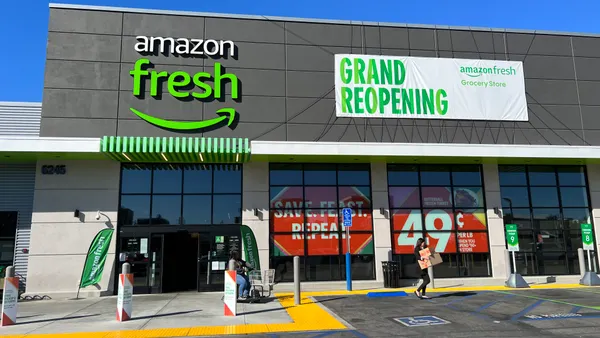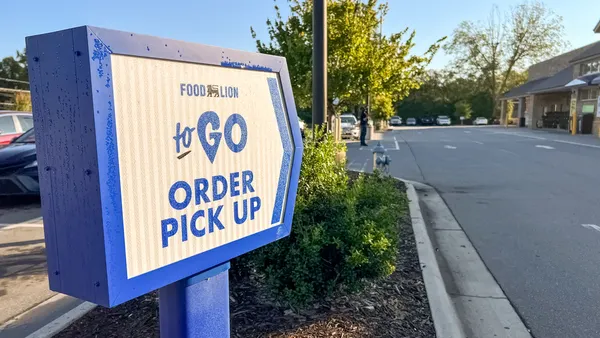Dive Brief:
- Last-mile company Deliv has announced plans to create a subsidiary in California that will hire drivers in the state as employees. Deliv California, Inc. will first launch in Sacramento and expand to the rest of the state by the end of August.
- The new subsidiary was created in response to regulations related to California's classification of independent contractors. Deliv California will still offer employees flexible schedules and part-time or full-time roles.
- In addition, Deliv California employees will have access to benefits including health, dental, vision and pet insurance, paid sick leave, 401k plans and career development. Full-time employees will be offered stock options and paid time off.
Dive Insight:
While Deliv has built its business using independent contractors, recent backlash regarding independent contractors and workers' rights in California may have put pressure on the company to rethink how it operates in the state.
Last year, the state's Supreme Court issued a ruling to protect gig economy workers, and last month the California State Assembly proposed legislation to put the ruling into law. Under the proposed law, employers would have to face strict standards and a three-part test to determine whether workers should be classified as independent contractors or employees.
"In any disruptive market, you want to build as much flexibility in the system as possible to support changing requirements and preferences over time," said Daphne Carmeli, CEO and founder of Deliv in a press release. "We are happy that the decisions and investments we’ve made over the past seven years allow us to easily adjust to evolving market environments."
The debate over whether drivers should be independent contractor or employees started with the launch of rideshare companies like Uber and Lyft, but the gig economy has faced more heat in the past year, particularly with grocery and food delivery companies.
Earlier this year, Instacart faced backlash from its contract workers based on its modified payment structure and botched tips, which were being used to cover the minimum payment for drivers. DoorDash and Amazon have also faced adverse reaction for similar payment structures. The day before Uber’s IPO was set to go public, the rideshare company faced worker strikes that targeted low wages and contractor status for drivers.
Labor unions and supporters argue that companies participating in the gig economy push costs onto workers and don’t provide them with the full rights and protections granted to employees. Drivers can make their own schedules but also have to pay their own insurance, mileage and self-employment taxes.
Outside California, many other states and cities have tried to take more control over the gig economy. If operations proceed smoothly with its California subsidiary, Deliv might want to expand the model to its other markets before regulations catch up. That move could also strengthen its relationship with its current retail partners, which is particularly important since the company and company sent Walmart a termination notice earlier this year.













